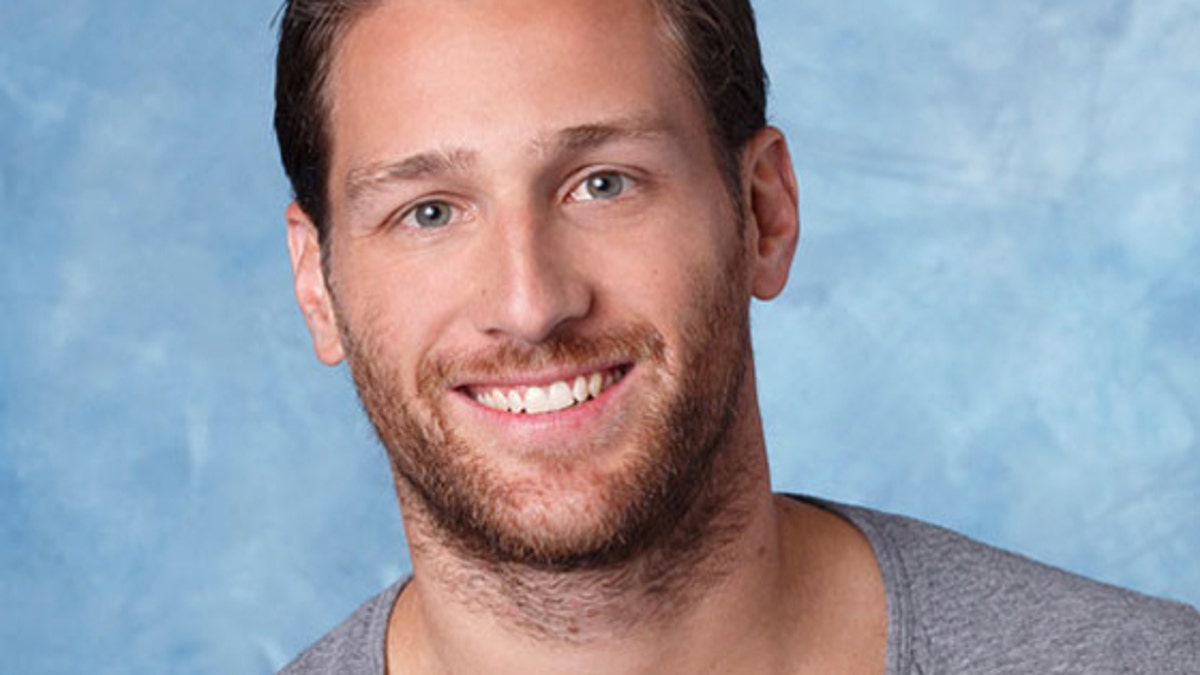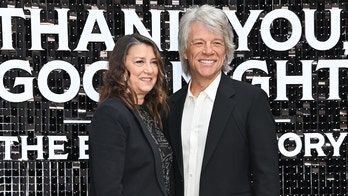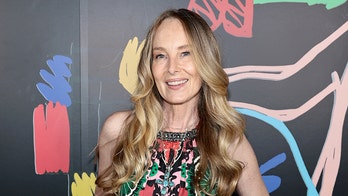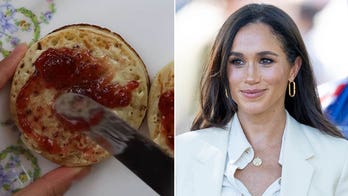
(ABC/Craig Sjodin)
The next season of “The Bachelor” may finally be adding some Latin flavor.
Sources are saying Venezuelan retired professional soccer player Juan Pablo Galavis has been offered the gig as the Bachelor for season 18.
"He's been told the gig is his if he wants it," an insider told E! News. "He's definitely interested and will most likely accept, although nothing's been signed yet."
The 31-year-old father was one of the eligible men on the current season of “The Bachelorette” with Desiree Hartsock.
And even though she sent him packing, Hartsock agrees Galavis would be a perfect choice.
- Photos Of Eva Longoria Used To Taunt Ex Tony Parker During NBA Finals Game
- ABC’s ‘The Bachelor’ Racist Lawsuit Claim Dismissed, Report Says
- William Levy Is Caliente!
- Eva Longoria’s New Man Is Millions Of Dollars In Debt, Report Says
- Hot Celebrity Latina Weddings
- Latino Celebrities and Their Little Ones
- ABC’s Wants Roberto Martinez as ‘The Bachelor’, Report Says
"Girls in America will love Juan Pablo. They would love to see him as the Bachelor, because I get that on my Twitter feed all the time," she said.
ABC won’t comment on whether Galavis is indeed the next bachelor, but fans will found out within a few weeks, on the season finale of "The Bachelorette.”
The casting of Galavis would be a win-win for the ABC show which has been criticized for its lack of diversity. Also, from the response producers have gotten from fans, it appears the women of America want to see more from this Latino heartthrob.
"Not only do women seem to love him, casting him will help soothe accusations the series doesn't include enough minorities," the source added.
In October, a federal judge dismissed a case filed by two black men who claimed "The Bachelor" and "The Bachelorette" discriminated against casting participants of color.
At the time of the lawsuit's filing, all of the men given star billing in the first 16 seasons of "The Bachelor" were white. Through seven seasons of "The Bachelorette," two male Hispanic contestants were selected winners and the rest were white.
U.S. District Court Judge Aleta Trauger's ruling called the plaintiffs' efforts "laudable" but said the lawsuit was aimed at regulating the show's content, which is forbidden under the First Amendment.
"Ultimately, whatever messages 'The Bachelor' and 'The Bachelorette' communicate or are intended to communicate — whether explicitly, implicitly, intentionally, or otherwise — the First Amendment protects the right of the producers of these shows to craft and control those messages, based on whatever considerations the producers wish to take into account," Trauger wrote.
Follow us on twitter.com/foxnewslatino
Like us at facebook.com/foxnewslatino






